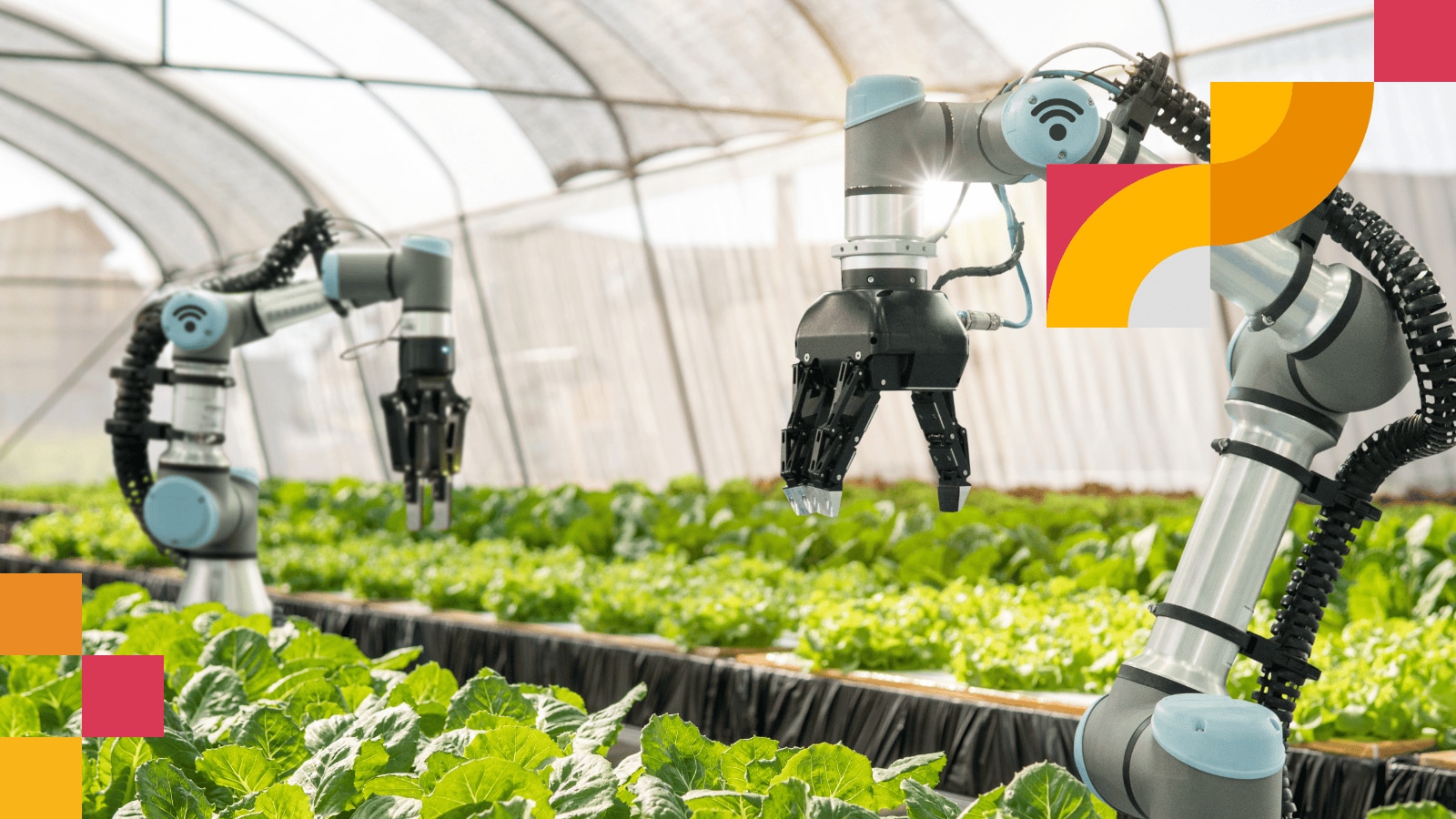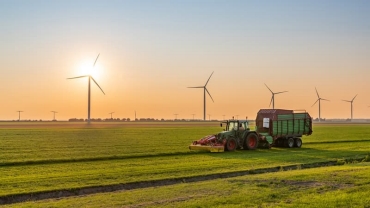
To uncover some of the most innovative technologies and solutions in the UK, we scanned the market to identify 50 start-ups that are making groundbreaking progress in their sectors. From lithium-free batteries and oil-free plastics to motor optimisation and grid efficiency, our Net Zero Future50 showcases the monumental potential of the UK’s climate tech ecosystem. Some are just emerging from the lab, others are experiencing rapid roll-out to paying customers, but all are driving progress towards a more sustainable future.
“Technology alone can't solve the climate crisis, but it remains one of the most critical drivers of progress. While the recent growth in UK climate tech investment is encouraging, we must continue to identify and invest in innovative solutions, push for increased government support and focus investor attention across a broader range of sectors - especially where decarbonisation is more challenging.”
- Mobility and transport
- Energy
- Food, agriculture and land use
- Industry, manufacturing and resource management
- Built environment
- Greenhouse gas capture, removal and storage
- Climate change management and reporting
Mobility and transport
This sector has attracted significant venture capital funding, and the transition is well underway with the growing adoption of electric vehicles. But it’s still a major contributor of greenhouse gas emissions in the UK, and greater attention must be directed towards areas that are harder to decarbonise, such as heavy trucks, trains, shipping, and aviation.
“Collaboration is key. We need leadership from government to drive the transition and policies that incentivise change. We need the private sector to invest in R&D and we need customers to be willing to try different solutions.”

Energy
Good strides have been made in decarbonising the UK's energy sector, driven by rising investment in renewable technologies and government initiatives aimed at increasing clean energy sources. But challenges remain, including high costs, regulatory delays, and a skills shortage that must be addressed to fully transition to a sustainable energy system.
“Funding and supporting innovation within the energy sector is not just essential for reaching climate targets, but also for fostering economic growth, creating jobs, and ensuring energy security in the long run. Investing in these solutions is an investment in a sustainable and prosperous future for the UK.”

Food, agriculture and land use
Food security, consumer demand for sustainable products, and increasing regulations on chemical use underscore the need for innovation and sustainable practices in this sector. But our Future50 are paving the way, with a sustainable biofertiliser, a cloud-based platform that helps fruit growers improve yields, and a low-carbon B2B marketplace.
“Agriculture is responsible for a significant portion of the UK’s emissions, but with the right approaches - such as harnessing industrial hemp and regenerative practices - we can dramatically reduce carbon footprints while creating new revenue streams for farmers. If the UK is serious about achieving net zero, we must reimagine how we use land, transition to more sustainable raw materials, and integrate circular economy principles into agriculture and industry.”

Industry, manufacturing and resource management
While it’s a significant contributor to the UK's emissions, this sector has received limited investment – partly due to barriers like high upfront costs, the need for global cooperation, and suppliers' lack of readiness for greener standards. But our Future50 reflects the exciting opportunities available in this space, from bioplastic made from seaweed to an AI-powered tool that optimises electric motor designs.
“The majority of AI is currently being used on things that humans can already do perfectly well. To write, to draw, to entertain. We believe AI has a much more valuable application which is to accelerate human invention and enable the creation of new engineering that is simply better in every way. Products that help our sustainability journey rather than detract from it.”

Built environment
This sector is considered one of the most challenging to decarbonise and only raised £93 million of UK venture capital investment in the 12 months leading up to September 2024. Significant investment is needed in R&D to close the carbon funding gap in this area, but our Future50 are leading the way.
“The built environment is a highly regulated and traditionally slow-moving sector, but that also means there’s huge potential for disruption. Innovations that successfully break through can have an outsized impact. And this isn’t just about materials - digital technologies also have the power to transform how we design, build, and monitor structures, making sustainability more accessible and cost-effective at scale.”

Greenhouse gas capture, removal and storage
Despite overall reductions in deal activity over the last few years, venture capital investments have increased in this sector, indicating the importance of greenhouse gas capture, removal, and storage in the UK’s transition to a low-carbon economy. Explore how our Future50 are driving innovation in this space.
“Investing in carbon capture and utilisation is not just a climate imperative - it’s an economic opportunity. With the right funding and policy support, the UK can lead in climate tech innovation, creating jobs, attracting global investment, and positioning itself as a hub for decarbonisation technologies. Now is the time to accelerate deployment and commercial adoption.”

Climate change management and reporting
Technologies for managing GHG data and sustainability reporting are gaining momentum, with considerable investment in AI-driven solutions over the past year. These tools are crucial for accurately measuring carbon footprints and assessing climate risks, helping businesses to make informed decisions and implement emission-reduction strategies.
“Technology is critically important, as you can’t always see the pollution in the air. We’ve developed solutions that allow us to visualise and consider what’s happening. Deploying technology widely and engaging with it in innovative ways builds transparency, and with the right tools, we can turn raw data into actionable insights that drive smarter decisions for a sustainable future.”

Methodology
We used our AI net zero accelerator to scan the UK market and identify thousands of innovative decarbonisation solutions. It then applied metrics for CO2 emissions reduction potential, technology readiness (TRL), maturity and scalability, and created a shortlist with guidance from PwC UK experts. Finally, we conducted surveys and interviews to select 50 innovators for our Net Zero Future50, representing a diverse range of solutions across sectors and backgrounds.
Note: The Net Zero Future50 is a selection of companies that illustrates the opportunity to decarbonise across all sectors but is neither exclusive nor exhaustive. It is also not to be considered as a ranking and does not constitute professional or investment advice.
Contact us


Energy, Utilities, Resources and Infrastructure Deals Leader, PwC United Kingdom
Tel: +44 (0)7866 727124












